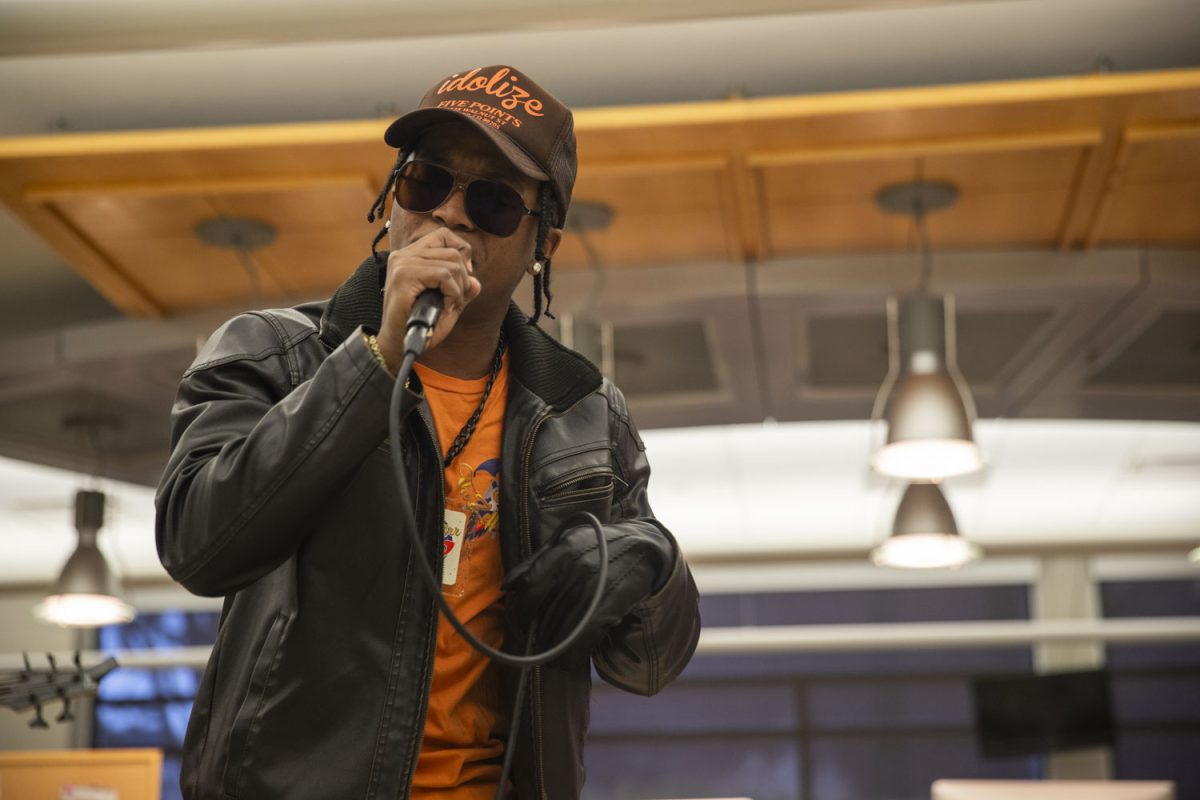**** out of *****
Jamie Cullum is a rebellious jazz-pop singer and songwriter known to break a grand piano or two in his concerts — which leads to slight chaos in his new album.
The Pursuit builds off of Cullum’s previous CDs by embracing a larger orchestral sound and a jazzy feel mixed with his rock-like improvisational piano plunks. Harmonious trumpet blasts and saxophone solos mark Cullum’s potential to be influenced by noteworthy musicians of the 1920s big-band era such as Paul Whiteman, known for performing “Mississippi Mud” and commissioning George Gershwin’s “Rhapsody in Blue.”
The album builds on the concept found in his previous album, Catching Tales, which contained a similar attitude. Cullum’s most recent release reflects a higher hostility toward love, but it is masked under veils of music.
People may question Cullum’s theme on the album, because a majority of the tracks demonstrate his being independent of love. A few tracks such as “I Think, I Love” sweetly notes Cullum’s passion with fairy-like piano scales, but it is sourly embedded with the memories of his love pelting him with beer cans and throwing up in a taxi. Even though all of these tart memories arise, Cullum still loves her anyway.
Cullum’s lyrics dig beneath the superficial surface of usual upbeat songs by delving into perspectives he holds. The song “Wheels” illustrates the spinning wheels in his mind in attempts to decipher what he has wanted in life versus what reality is turning out to be. The track is one of the stronger songs on the album because of the methodical driving loops and heavy piano drops, without melodic changes or bridges.
The track “Mixtape” takes a thoughtful act performed by many junior-high sweethearts and expresses it as an act done to make a blueprint of the soul. Cullum ties together bands and solo artists from across the vast space of music to show that lyrics can illustrate a cross section of characters.
Cullum also delves into transforming hip-hop into his own style by adapting Rihanna’s “Please Don’t Stop the Music” into his own laid-back style. At first, his jazzy riffs make the song unrecognizable compared with Rihanna’s dance-club feel, but it eases into the refrain all partygoers know and love.
The Pursuit establishes the yearning in all of us to find what we are all looking for in life, whether it be love or success. And for this, Cullum causes some friction against the stale figures of classical music and stringent jazz to make a genre that is all his own.






